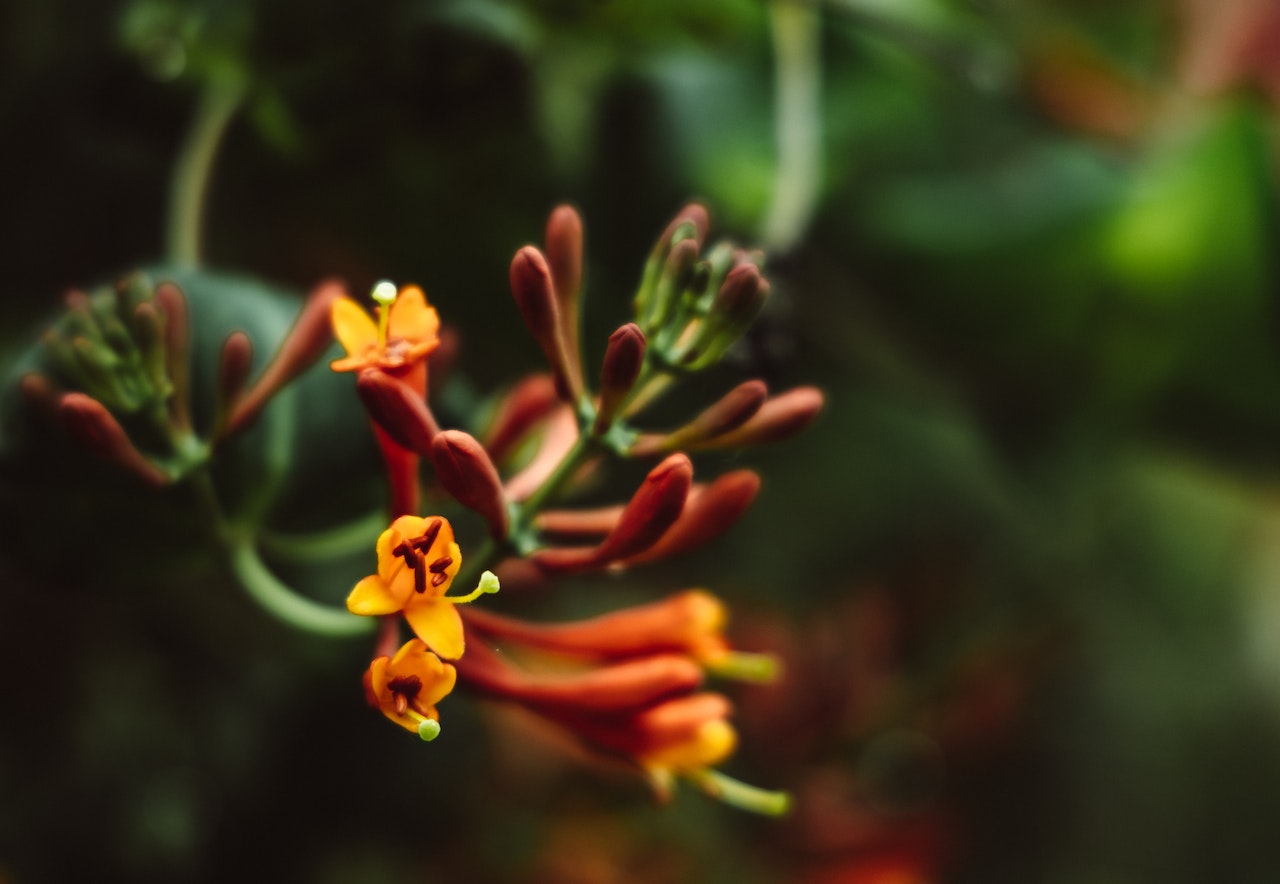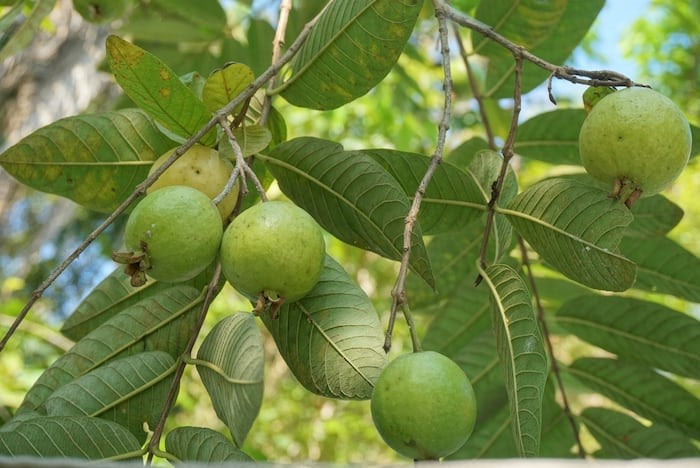
Bok choy has several alternative names: pak choi or bok Choi. Bok choy is a type of Chinese cabbage that is used as a meal. It looks like a cabbage that has the shape of a garlic bulb. It can be prepared in many ways and styles.
CAN PIGS EAT BOK CHOY
Yes, pigs can safely consume bok choy. Your pigs might or might love bok choy, but generally, pigs love bok choy. In addition, bok choy is indeed a good source of nutrients for pigs.
Bok choy contains a lot of nutritional and health benefits for both humans and animals.

Bok choy also offers some goodness to pigs some of which include:
- minerals.
- antioxidants.
- vitamins.
- fibers.
All these nutritional inclusions in bok choy have their specific benefits to the growth and development of pigs.
MINERALS
Bok choy is rich in minerals such as calcium, potassium, phosphorus, selenium, zinc, copper, magnesium, etc.
Each of these minerals plays a major role in the growth and development of pigs.
- Calcium, potassium, and magnesium help in preventing high blood pressure and generally maintaining blood pressure.
- Calcium, phosphorus, magnesium, and iron are essential for the growth and maintenance of strong, healthy bones.
- Selenium slows the rate of tumor growth. Thus, it prevents colon cancer in your pig (although rare).
- Calcium, phosphorus, and magnesium help in the development of strong teeth.
- Zinc is needed for the normal structure and function of enzymes such as insulin. According to www.thepigsite.com, “Pigs deficient in zinc show poor appetite and a skin thickening called parakeratosis.”
- Zinc and iron play a role in collagen synthesis and vitamin D metabolism. Collagen is a protein that is found throughout the body, especially in skin, bones, ligaments, tendons, teeth, connective tissues, etc.
ANTIOXIDANTS
Antioxidants are substances that help to protect your pig’s cells from damage by free radicals. Free radicals are simply unstable molecules that are produced from normal cellular activities (metabolism).
Bok choy, like other leafy vegetables, is a good source of antioxidants that are necessary for the growth and development of your pig. Low levels of antioxidants in your pig’s diet can lead to a condition known as oxidative stress. According to www.pig333.com, the symptoms of oxidative stress are:
- Decreased immunity
- Muscle degeneration
- Loss of appetite
- Diarrhea
- Liver damage
- Cell death.
So, if your pig shows two or more of the above signs, consider feeding it with bok choy or other foods that are good sources of antioxidants.

VITAMINS
Vitamins are essential nutrients that are required by organisms for the maintenance of proper physiological functions. It can only be obtained from diets and is required in small quantities. There are many types of vitamins. Bok choy is rich in a lot of vitamins, especially vitamin C. According to the Guinea Piggles YouTube channel, it is safe to say that bok choy contains as much vitamin C as an orange fruit per 100g. Others include vitamin A, vitamin K, vitamin B1, vitamin B2, vitamin B3, vitamin B6, vitamin E, etc.
- Vitamin C and vitamin E are powerful antioxidants.
- Vitamin B6 helps reduce heart disease in pigs by removing excess homocysteine from their blood.
- Vitamin K helps in promoting bone health.
- Vitamin A helps in promoting eye health.
- Vitamin C is important in collagen synthesis.
- Vitamin C helps prevent scurvy in guinea pigs.
- Vitamin A plays an important role in increased fertility.
- Vitamin E helps to maintain the integrity of muscles in pigs.
- Vitamin K is necessary for effective and quick blood clotting in the event of injury.
Therefore, it can be inferred that bok choy can help prevent fertility, immunity, and musculoskeletal disorders in pigs.
FIBERS
Bok choy is not among the top vegetables when it comes to fiber contents. However, it has a reasonable amount of fiber content. The adequate fiber content in pig feed has the following benefits:
Prevention of constipation
Constipation is simply a medical condition in which there is difficulty in passing feces. It is usually associated with hardened feces.
According to www.americanminipigsassociation.com, “signs of constipation in the pig include: humped up back, straining to defecate with little or no production, little hard fecal balls.
If your pig is showing one or more of the above-mentioned signs, you should consider adding bok choy to the diet of your pig.
Increase satiety
The fibers contained in the bok choy your pig the feeling of satisfaction after eating. This regulates hunger in the pig.
Maintain normal reproductive performance
Bok choy helps your pig have a healthy sexual and reproductive life. The folate contained in bok choy also helps in preventing congenital anomalies such as spina bifida in pigs during gestation.
You need to know that bok choy can make your pigs bloated. This is because it is a cruciferous vegetable. Raffinose is contained in cruciferous vegetables. Raffinose is a sugar that remains undigested until the bacteria in the guts of animals (such as pigs) ferment it. This leads to gas production and, in turn, bloating in guinea pigs.
According to Lori Hageman, DVM, owner of Ark Pet Hospital in Antioch, Calif., “Guinea pigs are not able to pass gas through their intestines, so the gas just stays in the intestines and produces severe pain.”
Hence, you need to know the appropriate amount of bok choy to feed your pigs to prevent bloating.
Guinea pigs can eat bok choy three to four times a week as long as it is in very small quantities (that is, one-quarter or one-half of a bok choy leaf). It is also recommended that you feed your pig other vegetables alongside bok choy to maintain a healthy and balanced diet.
Furthermore, if you just want to include bok choy in your pig’s diet, it is better to feed it in small quantities and gradually increase the ration, depending on your pig’s acceptance of the vegetable.

REVIEW
The bottom line regarding the question: ‘can pigs eat bok choy?’ is that, YES, pigs can eat bok choy. However, it should only be fed to pigs in small quantities to avoid bloating and flatulence.



